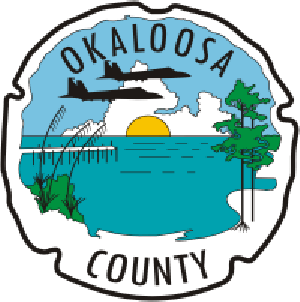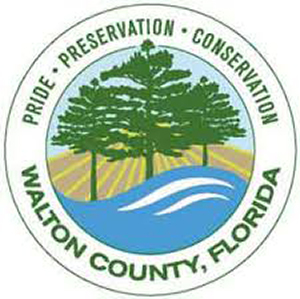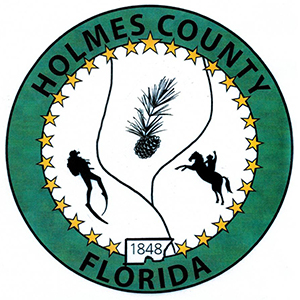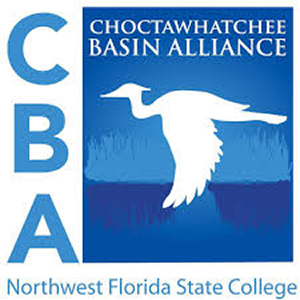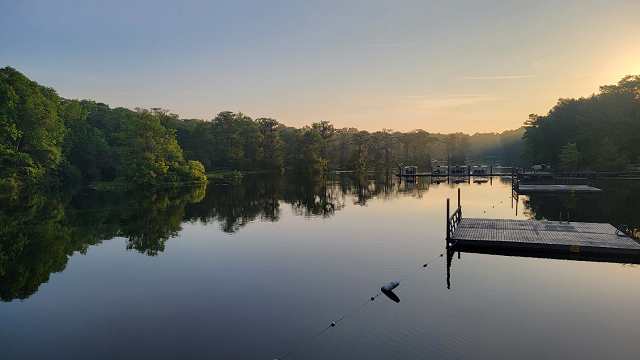
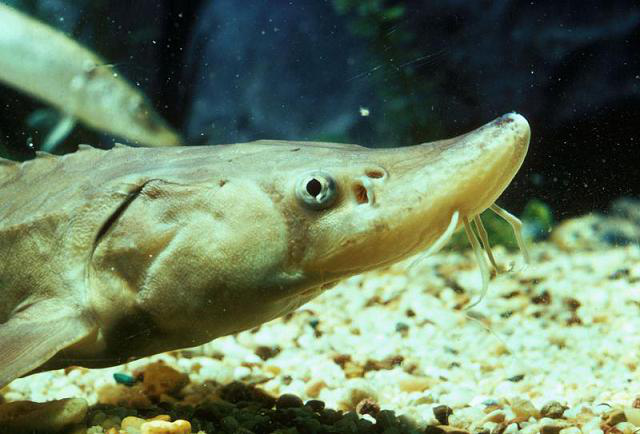
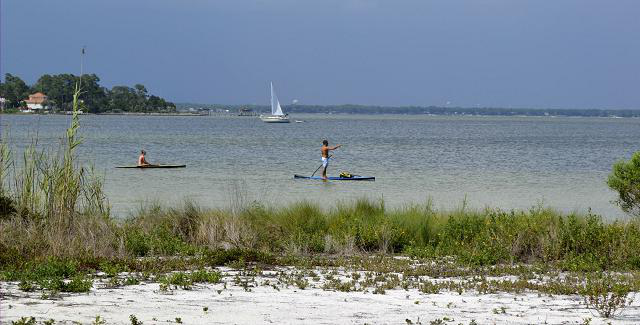
Be an Ambassador on our team help develop our Estuary Program
Provide expertise to support the management, conservation, and restoration efforts of the Choctawhatchee estuarine ecosystem
Promotes public awareness, understanding, and stewardship of an estuary's ecological importance. Develops educational initiatives and outreach to engage the community, building relationships with students and the general public
these vital ecosystems need protection and management for waterways to be resilient. Through collaboration with many people, agencies, non-profit organizations, local communities, and businesses we can inspire behavioral changes that positivly impact our communities.
By promoting awareness and providing education about estuarine ecosystems
community members can make informed decisions and actively participate in the program's initiatives
Engaged communities are more likely to work together, share resources, and contribute their knowledge and expertise to an Estuary Program. This collaboration might be participating in monitoring activities, providing input on management strategies, and supporting restoration efforts
Resilient communities are adaptable and responsive to change. Estuaries face various threats, such as pollution, habitat degradation, and climate change impacts. Communities can contribute local knowledge, help identify emerging issues, and support the implementation of adaptive measures.
Resilient communities take an active role in stewardship and conservation practices. They recognize the value of their local estuary and actively participate in restoration projects, habitat conservation efforts, and sustainable land-use planning.
Resilient communities are more likely to support sustainable economic activities such as ecotourism, recreational fisheries, and nature-based businesses. By promoting a healthy and well-managed estuary, the program can contribute to the local economy and provide livelihood opportunities for community members.
Communities build public support for policies and regulations that protect estuaries, by informing the public about the importance of estuarine conservation and the potential consequences of degradation.
